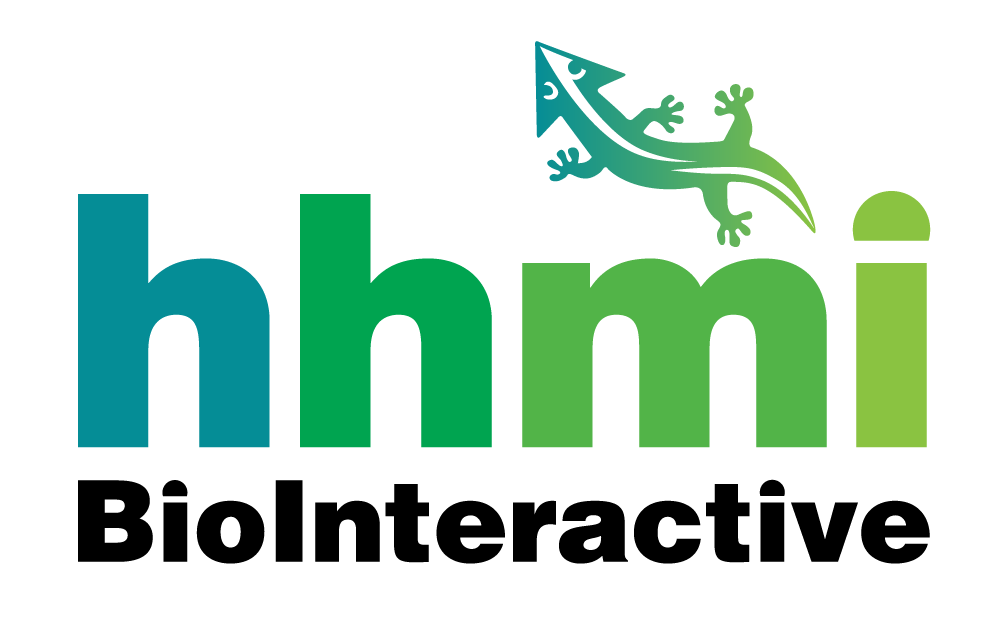Sickle Cell Disease and Natural Selection in Humans
Author(s): HHMI BioInteractive
2052 total view(s), 469 download(s)
Description
Short film: Tony Allison first noticed a connection between malaria and the sickle cell trait while working in East Africa in the 1950s. The story of his discovery stands as one of the best understood examples of natural selection in humans in which the selective agent, adaptive mutation, and molecule involved are all known. The protection against malaria provided by the sickle cell mutation demonstrates how evolution does not necessarily result in optimal solutions for the species but proceeds in response to selective pressures by utilizing what variation is available.
The “Abbreviated Film Guide” provides a short summary of the film, along with key concepts and connections to curriculum standards.
Animation: Sickle cell disease (also known as sickle cell anemia) is caused by a mutation in the protein hemoglobin. The animation illustrates how the mutated hemoglobin proteins can change the shape of red blood cells and ultimately reduce blood flow through the body. The animation also explores the mutation behind the disease: a single nucleotide change causing an amino acid substitution that can make hemoglobin molecules stick together.
Notes
Version 2 update lists the animation resource
Cite this work
Researchers should cite this work as follows:
- HHMI BioInteractive (2020). Sickle Cell Disease and Natural Selection in Humans. HHMI BioInteractive, (Version 2.0). QUBES Educational Resources. doi:10.25334/2ZQV-7Y23
